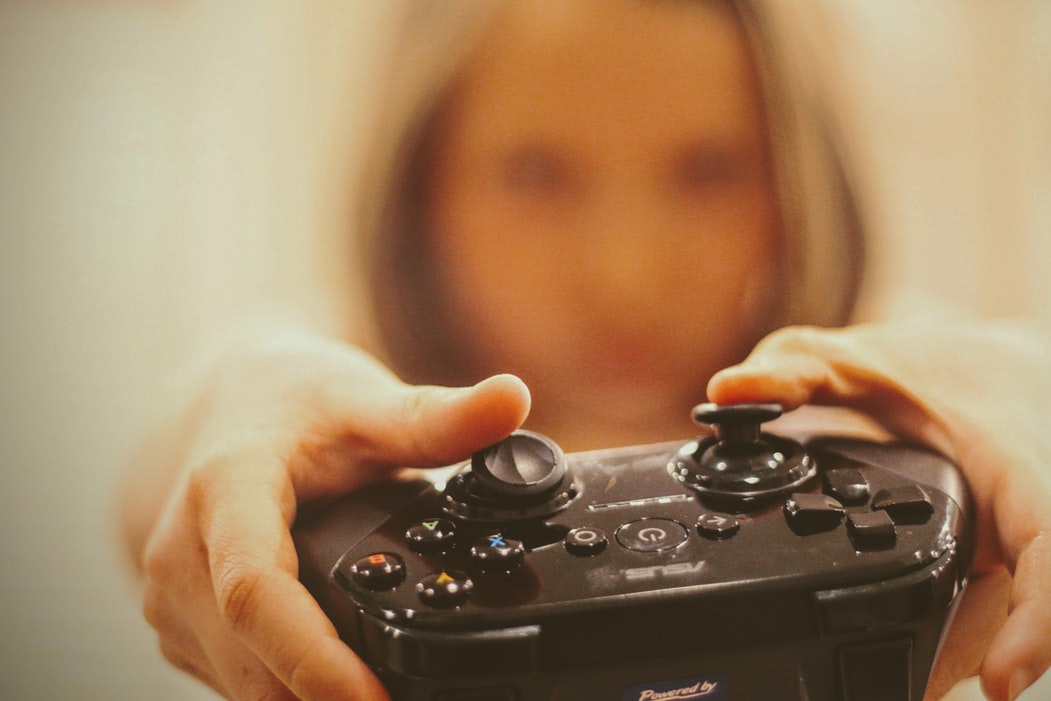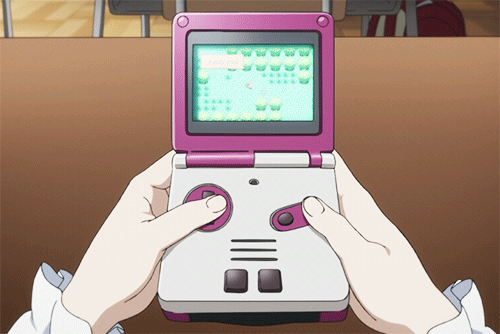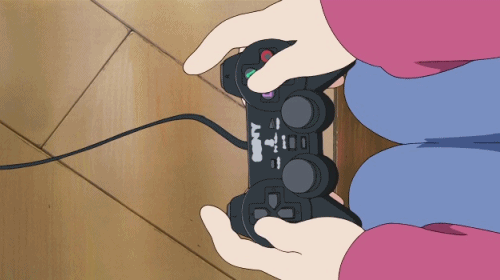Entertainment March 30, 2020
The problem with the common phrase.


“Oh, you should meet Amanda! She’s a girl gamer!”
My good friend Emma gestures towards my general direction with a flick of her wrist and her eyes meet mine, brown eyes twinkling like they’re saying “Don’t say that I never do anything for you,” completely unaware of the look of panic I try to shoot back at her.
The boy in question stalks over to me and I see the challenge in his eyes; staring me down with a glare that says “Prove it” — prove that you’re worthy of calling yourself a ‘gamer.'”
I resist the urge to roll my eyes and give him a tight smile, mentally preparing to hold a PowerPoint presentation on the basics of his favorite video game and how much I know about the production company behind it. Did my boyfriend teach me all this? Do I have an older brother — is that why I started playing? Endless questions but none of them are about me. Wondering if I know enough to pass this initiation test. Wondering why I feel this pressuring need to clear a series of questions by a guy I’ve exchanged a total of 20 words with.
There was no way for my friend to know that her choice of words would spark this innate debate that I have been avoiding like the plague since I first became acquainted with the term “gamer” and later, its sister word: “girl gamer”.

In 2015, it was reported that even though 48 percent of women in the United States have played video games, only 6 percent categorize themselves as “gamers.” It’s slightly more common for women between the ages of 18 to 29 to use this term to describe themselves — with a total of 9 percent.
So why is it that women tend to avoid the gender-specific term “girl gamer”? Well, buckle up and grab some snacks because this answer has several layers and I’ll try my best to uncover at least a few of them.
This is my first point of argument simply because it’s the very first thing that comes to mind when I’m reminded of this topic. Why is there a need for a gender distinction when it comes to video game fans? Critics have been vocal in that there is no single definition of a female gamer, and that female video game fans are just as diverse as male fans.
Some also claim that using the term “girl” excludes several age generations and invalidates adult women as part of the community. Glossing over the fact that the biggest percentage of female “gamers” are in their mid-twenties; no longer “girls” by any means.
It also further drives the narrative that being a “girl gamer” is different from a “regular” gamer (i.e: male). In turn, this encourages the distinction between the genders and the different roles men and women should play in the gaming community. Which allows us to segue into our next topic.


As I mentioned, there is a myriad of female video game fans out there. It is mathematically impossible to put them all into one group and claim that this label is a one-size-fits-all (spoiler alert: it doesn’t). Like in any group containing a large number of individuals, there are sub-categories to each label. However, many women feel the need to avoid certain stereotypes that people associate with the term “girl gamer.”
“[But] it took a long while to reach that point and I still find myself regularly editing certain aspects of my femininity for fear that it would somehow damage my credibility in the eyes of gamers everywhere.”
In her article published on ABC.net.au, Stephanie Bendixsen goes into depth about the dreaded Catch-22 of femininity and “girl gamers” as well as how women will attempt to separate themselves from “regular girls” by disliking typically feminine interests in order to be accepted. By doing this, they can escape the negativity that usually accompanies their fellow women in a world ruled by men.
Another reason women feel the need to edit their femininity just to fit in is because of the lack of female role models in the gaming community. Since young women often only have men to look up to, they felt that the only way for them to claim credibility in this world was to avoid everything that typically separated them from these men.


There are many negative stereotypes commonly associated with the term “girl gamer.” Sexualization is one of the biggest ones that women face. You don’t need to venture far down the rabbit hole before someone calls you a “unicorn,” the word no longer referring to a beautiful horse whose horn has magical healing abilities, but rather to a female who—gasp—is into video games.
Many women must learn to master the balancing act of receiving both love and hate in the video game community for no other reason than the fact that they are female. In one breath, a man will berate you for pretending to like video games for the sole purpose of wanting men’s attention. In the next, another will attempt to gift you gold, items or their phone number in a desperate attempt to interact with someone of the opposite gender on their favorite gaming platform.
There is also a fair amount of sexism that female players and creators face on a daily basis. This is something I have experienced first-hand too many times to count. Jade Raymond, the lead producer and co-creator of the very first Assassin’s Creed game, weighs in on this in an article published in Marie Claire Magazine:
“[…] She recalls the backlash from many male gamers she received after launching: There was no way Raymond was the lead of the project, they wrote on gaming sites. She must just be the face. Other people are doing the actual work.”


For the uninitiated, I will attempt to summarize what happened back in 2014 and how it came to affect women in the gaming community.
Some might say it all started with video-game designer Zoe Quinn and her unstable ex-boyfriend (a tale truly as old as time). After he accused his ex-girlfriend of sleeping with a video game reviewer so that she could receive positive feedback on her newly produced video game, all hell broke loose. What followed was the beginning of a long series of harassment that focused solely on female video game players, creators, and journalists.
Regardless of the many males who stepped up to the plate to talk about the misogyny that was taking place in their community, the community only responded to the select females who used their platforms to speak up for their fellow women. Their response? Death threats, promises of sexual violence and “doxxing” — hacking someone’s account and releasing personal information such as their address, phone numbers, and even private photos.
This event cemented something that women had known and experienced for a long time; we are not welcome in the video game community. For many women out there, including myself, their gender identity and love for video games have never been closely intertwined. Stephanie Llamas explains this beautifully in her article about the inclusion of women in the gaming industry:
“[Normally] I don’t think the two have much to do with each other. I don’t choose my games based on my gender and I don’t exclude games based on it either. I’ve played great games that have still marginalized and degraded women and I’ve put up with the way my gender is represented because I haven’t had a choice otherwise.”


Now, I know the future might seem bleak. Some might even say that it looks relatively dark and somber. However, we are slowly but surely closing the gender gap in the gaming community. In 2013, the Creative Director of Lionhead Studios claimed that in 5 to 10 years, the games development workforce would be 50 percent female. Women in the game designing workplace are the ones closest to pay equity, as they make 96 cents for every dollar made by a man in the same position.
Even though the gender gap is very much alive in the gaming community, having more women in development and leading roles will definitely help us in the long run. With more women at the helm, we will be able to experience more inclusion from a creative standpoint as well as more female representation in video games.
Therefore, I will continue to grit my teeth and smile disarmingly at anyone who has the audacity to ask me if I’m buying a video game for my boyfriend. I will continue to bear the brunt of hatred from guys who hear my voice over the mic and claim that it will be my fault if we lose because they had to endure having a girl on the team. I will continue to shake my head and roll my eyes at guys who can’t fathom that I just beat them at Mario Kart (and I remain undefeated until this day because guys never seem to heed my warnings that they will fail because the notion that I would be better than them is laughable). Because I know it’s only a matter of time before the term “gamer” can be non-gender specific.
I’m a girl.
And I’m a gamer.
There really isn’t anything more to it than that.